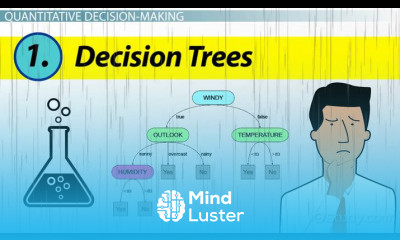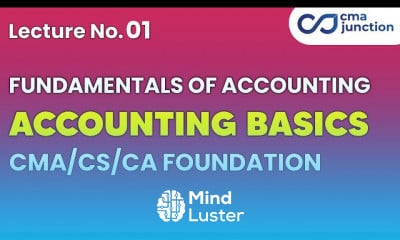Delegation in Administrative Law
Share your inquiries now with community members
Click Here
Sign up Now
Lessons List | 11
Lesson
Comments
Related Courses in Business
Course Description
Administrative law is the division of law that governs the activities of executive branch agencies of government. Administrative law concerns executive branch rule making (executive branch rules are generally referred to as "regulations"), adjudication, or the enforcement of laws. Administrative law is considered a branch of public law.
Administrative law deals with the decision-making of such administrative units of government that are part of the executive branch in such areas as international trade, manufacturing, the environment, taxation, broadcasting, immigration and transport.
Administrative law expanded greatly during the twentieth century, as legislative bodies worldwide created more government agencies to regulate the social, economic and political spheres of human interaction.
Civil law countries often have specialized administrative courts that review these decisions.
Administrative law is the law that governs the administrative actions. As per Ivor Jennings- the Administrative law is the law relating to administration. It determines the organisation, powers and duties of administrative authorities. It includes law relating to the rule-making power of the administrative bodies, the quasi-judicial function of administrative agencies, legal liabilities of public authorities and power of the ordinary courts to supervise administrative authorities. It governs the executive and ensures that the executive treats the public fairly.
Administrative law is a branch of public law. It deals with the relationship of individuals with the government. It determines the organisation and power structure of administrative and quasi-judicial authorities to enforce the law. It is primarily concerned with official actions and procedures and puts in place a control mechanism by which administrative agencies stay within bounds.
However, administrative law is not a codified law. It is a judge-made law which evolved over time.
The growth of Administrative Law.
ENGLAND
In 1885 Albert Venn Dicey, a British jurist, rejected the whole concept of Administrative law. Hence, the numerous statutory discretionary powers given to the executives and administrative authorities and control exercised over them were all disregarded to be able to form a separate branch of law by the legal thinkers. Until the 20th Century, Administrative law was not accepted as a separate branch of law. It was only later that the existence of Administrative law came to be recognised.
The Lord Donoughmore Committee, in 1929, recommended for better publication and control of subordinate legislation. The principle, King can do no wrong, was abolished and the scope of Administrative law expanded by virtue of the Crown Proceeding Act in 1947 which allowed initiating civil proceedings against the Crown as against any private person.
In 1958, Tribunals and Inquiries Act was passed for better control and supervision of Administrative Decisions.
Breen v Amalgamated Engineering Union [1971] 2 QB 175 was the first case wherein the existence of Administrative law in the United Kingdom was declared.
UNITED STATES OF AMERICA
In the United States of America, the existence of administrative law and its growth was ignored until it grew up to become the fourth branch of the State. By then many legal scholars like Frank Goodnow and Ernst Freund had already authored a few books on Administrative law.
It was in 1933 that a special committee was appointed to determine how judicial control over administrative agencies could be exercised. Thereafter, in 1946 The Administrative Procedure Act was passed which provided for judicial control over administrative actions.
Trends
French
Graphic design tools for beginners
Artificial intelligence essentials
Formation efficace à l écoute de l
Essential english phrasal verbs
MS Excel
Build a profitable trading
Data Analytics Visualization Techniques
Electrical engineering for engineer
Python programming language
YouTube channel setup
Printing student ID cards with excel tools
Excel skills for math and science
Computer science careers
Build a tic tac Toe app in Xcode
Magento Formation Français
Learning English Speaking
English vocabulary with picture
Figma for UX UI design
Marketing basics for beginners
Recent
Growing ginger at home
Gardening basics
Ancient watering techniques
Grow mushrooms
Growing onions
Veggie growing
Bean growing at home
Growing radishes
Tomato growing at home
Shallot growing
Growing kale in plastic bottles
Recycling plastic barrel
Recycling plastic bottles
Grow portulaca grandiflora flower
Growing vegetables
Growing lemon tree
Eggplant eggplants at home
zucchini farming
watermelon farming in pallets
pineapple farming



















